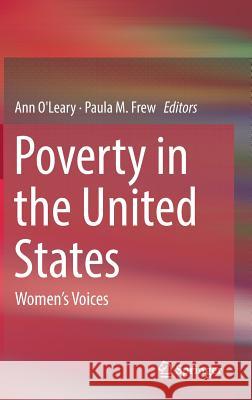Poverty in the United States: Women's Voices » książka
topmenu
Poverty in the United States: Women's Voices
ISBN-13: 9783319438313 / Angielski / Twarda / 2016 / 234 str.
Kategorie:
Kategorie BISAC:
Wydawca:
Springer
Język:
Angielski
ISBN-13:
9783319438313
Rok wydania:
2016
Wydanie:
2017
Ilość stron:
234
Waga:
5.09 kg
Wymiary:
23.5 x 15.5
Oprawa:
Twarda
Wolumenów:
01
Dodatkowe informacje:
Wydanie ilustrowane











